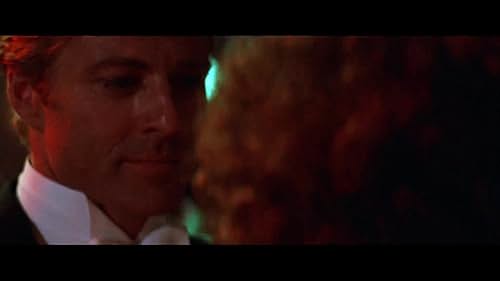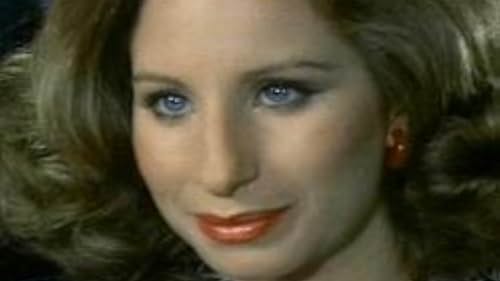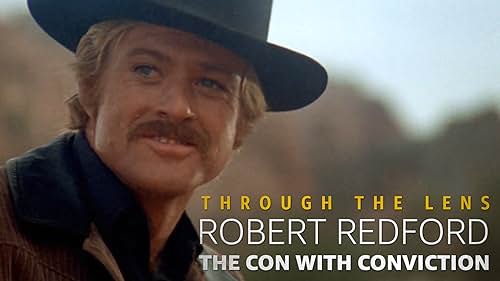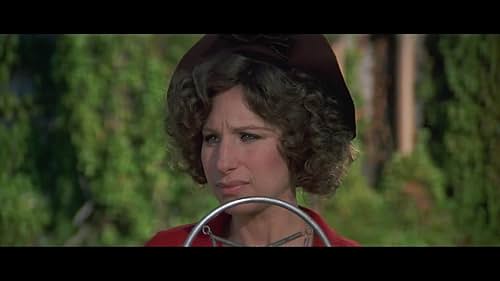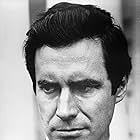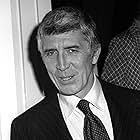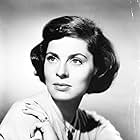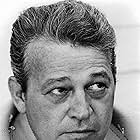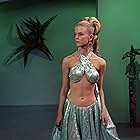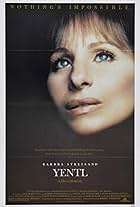During post-WWII McCarthyism, a diametrically opposed couple come together only to find out that genuine friendship and physical attraction is not enough to overcome fundamental societal bel... Read allDuring post-WWII McCarthyism, a diametrically opposed couple come together only to find out that genuine friendship and physical attraction is not enough to overcome fundamental societal beliefs.During post-WWII McCarthyism, a diametrically opposed couple come together only to find out that genuine friendship and physical attraction is not enough to overcome fundamental societal beliefs.
- Won 2 Oscars
- 6 wins & 8 nominations total
Storyline
Did you know
- TriviaRobert Redford was unhappy with cuts made to the film following a preview. He said, "I think we'd both have preferred a more political Dalton Trumbo -type script, but finally Sydney came down on the side of the love story. He said, 'This is first and foremost a love affair,' and we conceded that. We trusted his instincts, and he was right."
- GoofsIn California, Katie is holding a "hot" pot and offers it to Hubbell. He takes a spoonful and notes that it is, indeed, hot. However, moments later, Katie is holding the bottom of the pot with her bare hands.
- Quotes
Hubbell Gardner: People are more important than their principles.
Katie Morosky Gardner: People ARE their principles.
- ConnectionsFeatured in Film Extra: Sydney Pollock (1973)
- SoundtracksThe Way We Were
Composed by Marvin Hamlisch
Lyrics by Marilyn Bergman and Alan Bergman
Sung by Barbra Streisand before the opening credits and during the end credits.
Music played often in the score
Featured review
"The Way We Were" released in 1973, stars two of the biggest names in show biz then and now, Barbra Streisand and Robert Redford. The story is basically a weepy melodrama, but who cares? Both of these superstars are the reason to watch. At first, we cannot imagine what they see in one another. They meet in college, circa 1937 -- Katie (Streisand) is a wallflower political activist, Hubble (Redford) is the Golden Boy track star. Yes, both were too old to play college students, so it is obvious the director surrounded them with people their own age, with some decent supporting actors like Lois Chiles and a younger James Woods. The two are reunited by World War II, Redford is in the military but also part of the uppity "Beekman Street" crowd, Streisand is a liberal who is nuts about FDR and working on various political causes. The unlikely twosome fall in love, get married, and do not always have an easy time. Redford doesn't mind his wife's political activity, but he is bored by politics and cannot relate to them. The turbulent 1950's hit, Redford is a writer in "Red Scare" Hollywood who takes the easy way out; Streisand believes people should always stand up for their principles, no matter the cost. Sydney Pollack directed this fine film, and had to convince his friend Redford to take on the part of Hubble Gardner; Redford was reluctant, and it is easy to see why. His character, while a decent guy at heart, is also shallow, somewhat superficial, and doesn't take life seriously. The film obviously exploits Redford's golden boy looks, something he always detested. Streisand's part is obviously the more interesting one, as the part was exclusively written for her. And while her character may not fit in on "Beekman Street," she looks fabulous here. All in all, this is one of the finest romances to come out of the 1970's that also has intelligence and class.
Details
Box office
- Budget
- $5,000,000 (estimated)
- Gross US & Canada
- $45,000,000
- Gross worldwide
- $45,000,493
Contribute to this page
Suggest an edit or add missing content


